In the world of gastronomy, the allure of premium food labels often captivates consumers. However, not everything labeled as premium delivers on its promise of authenticity. This blog post explores 13 such foods that carry the premium tag but might not be as genuine as they seem. From imitation lobster to chocolate that isn’t entirely chocolate, we’ll uncover the truth behind these deceiving products.
Truffle Oil
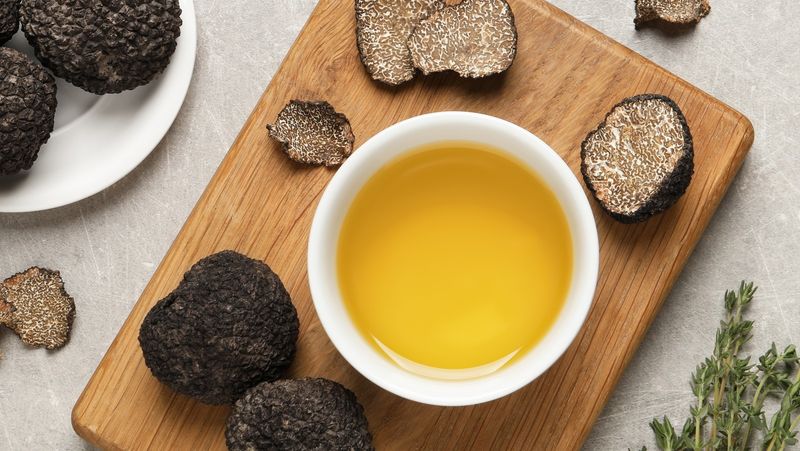
Truffle oil is often a kitchen staple for those aiming to add a luxurious touch to dishes. However, most truffle oils don’t contain real truffles. Instead, they are infused with synthetic compounds to mimic the earthy aroma of truffles. This can be disappointing for those expecting genuine ingredients.
Despite its misleading nature, truffle oil remains popular due to its intense flavor. Used sparingly, it can still enhance the taste of dishes. But if authenticity is what you’re after, real truffles are the way to go.
Look for brands that specify natural truffle extracts to ensure quality.
Parmesan Cheese
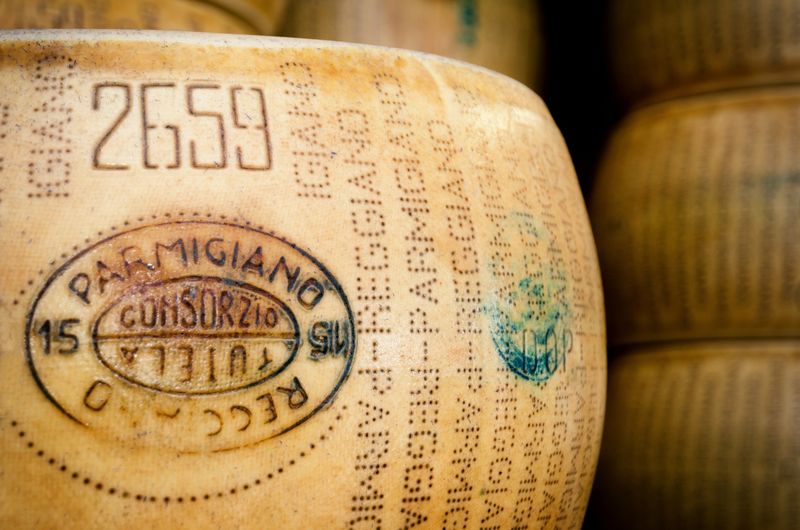
Parmesan cheese, particularly authentic Parmigiano Reggiano, is revered for its rich, nutty flavor. Yet, many brands use the name “Parmesan” for cheese that doesn’t meet the standards of the Italian original. These impostors often contain fillers like cellulose to cut costs.
Consumers searching for genuine cheese should look for the DOP seal, ensuring it was produced in the Parma region using traditional methods. Though more expensive, the taste and quality are unmatched.
Don’t be fooled by Parmesan labels; authenticity lies in the fine print.
Extra Virgin Olive Oil
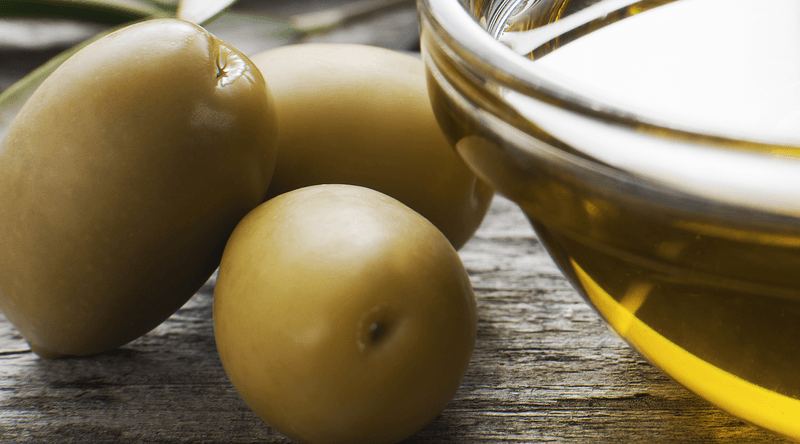
Extra Virgin Olive Oil is heralded for its health benefits and rich flavor profile. Yet, reports show that many oils labeled “extra virgin” are blends with cheaper oils, not the pure product consumers expect.
To ensure you’re getting real extra virgin olive oil, look for certifications from organizations like the International Olive Council. These guarantee the oil has been tested for purity and quality.
Invest in reputable brands for a taste of genuine extra virgin olive oil that delivers both flavor and nutrition.
Kobe Beef
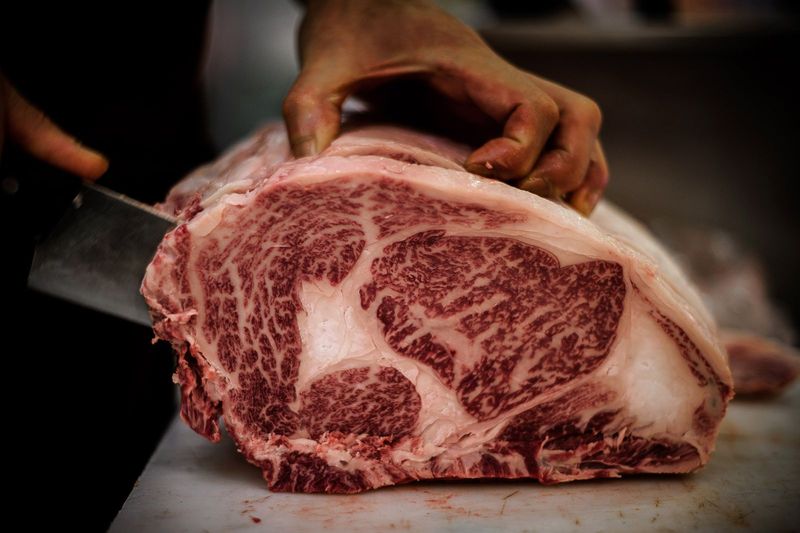
Kobe beef is synonymous with unparalleled quality and tenderness. However, much of the “Kobe beef” sold worldwide isn’t genuine. Authentic Kobe beef hails solely from Hyogo Prefecture, Japan, and is renowned for its marbling and texture.
Many restaurants and stores use the Kobe name to describe beef that’s merely similar or even unrelated. To taste the real deal, check for certification or enjoy it in Japan.
The rich flavor and buttery texture of true Kobe beef make it a rare delicacy worth seeking out.
Vanilla Extract
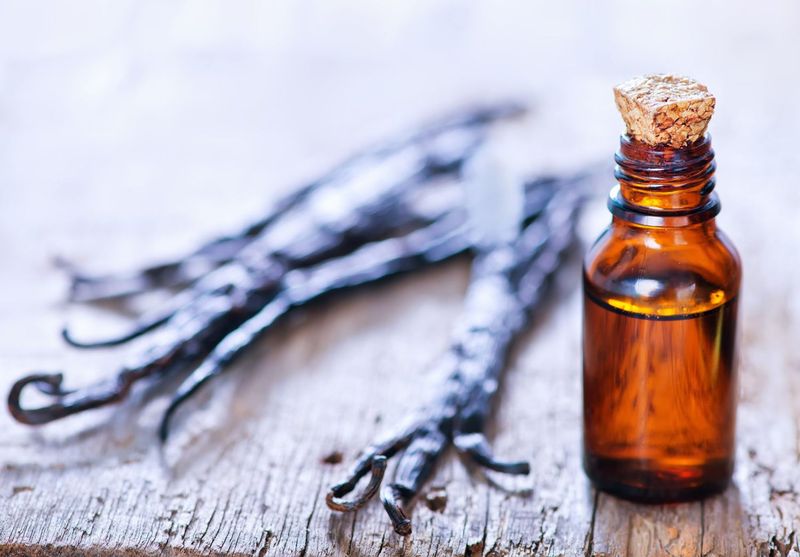
Vanilla extract is a beloved baking ingredient but not always what it seems. Many extracts are synthetic, made from vanillin derived from wood pulp.
For authentic vanilla flavor, choose pure extracts made from real vanilla beans. They may be pricier but offer a depth of flavor that’s unrivaled by artificial counterparts.
Real vanilla extract transforms dishes with its aromatic charm and complexity, elevating desserts to new heights.
Lobster
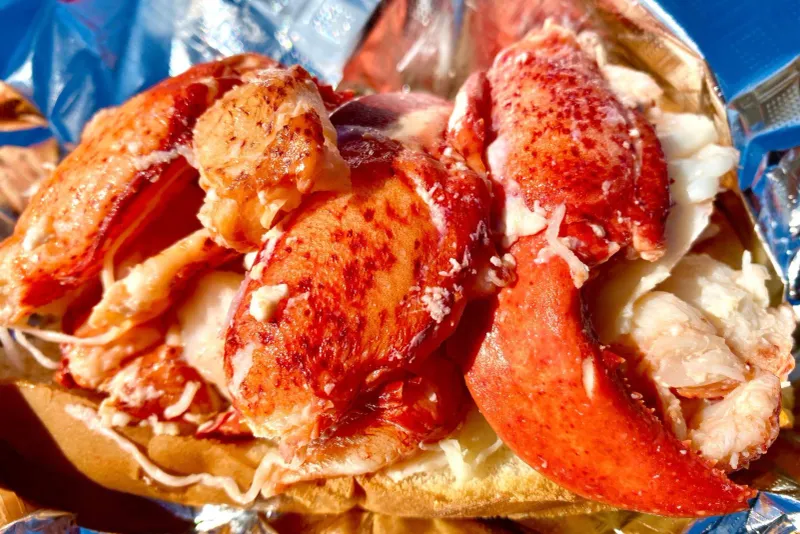
Lobster is often associated with fine dining, but products labeled “lobster” can be misleading. Some dishes use cheaper seafood like langostino or even fish, passing them off as lobster.
It’s crucial to inquire about the source when dining out or buying seafood. True lobster is a luxury, and discerning consumers should ensure they’re paying for the genuine article.
With its sweet flavor and firm texture, authentic lobster is an indulgence worth its premium pricing.
Balsamic Vinegar

Traditional balsamic vinegar from Modena is aged to perfection, offering a complex and sweet taste. However, many products labeled “balsamic vinegar” are merely imitations, made with wine vinegar and caramel color.
To savor real balsamic vinegar, look for labels indicating it was produced in Modena and aged for at least 12 years. This guarantees a true culinary experience.
Authenticity in balsamic vinegar transforms dishes, offering depth and sweetness that fake versions can’t match.
Maple Syrup
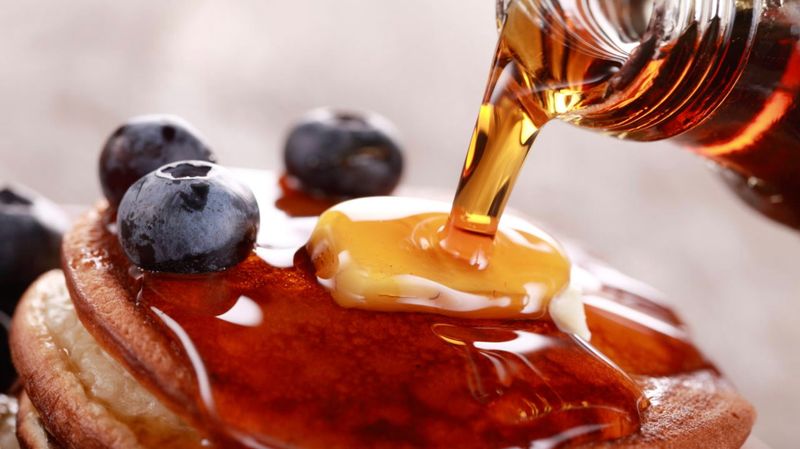
Maple syrup is a cherished breakfast staple, yet not all syrups are created equal. Many “maple” syrups are made with high-fructose corn syrup and artificial flavors.
For true maple lovers, choosing 100% pure maple syrup is essential. This ensures an authentic taste, derived directly from maple tree sap.
The deep, rich flavor of real maple syrup enhances pancakes and waffles, making breakfast a genuine delight.
Chocolate
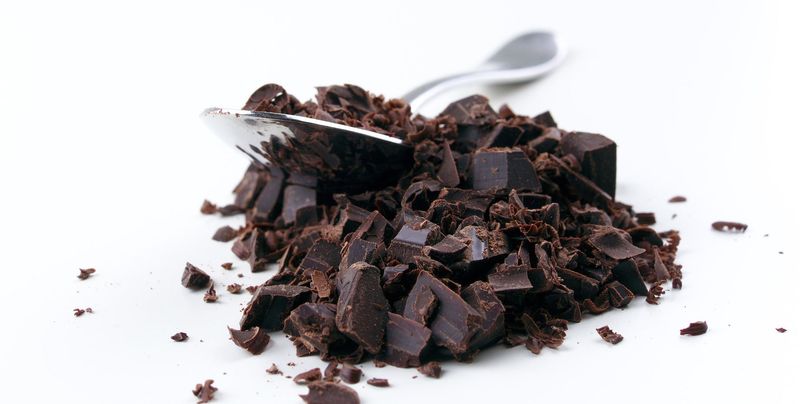
Chocolate’s allure is universally recognized, but not all chocolate bars are truly chocolate. Some contain minimal cacao, replaced by fillers like vegetable oils.
To indulge in real chocolate, seek bars labeled with a high percentage of cacao. These offer a more intense flavor and superior texture.
Real chocolate is a sensory delight, combining rich aroma with deep taste, far beyond mere confectionery.
Crab Meat
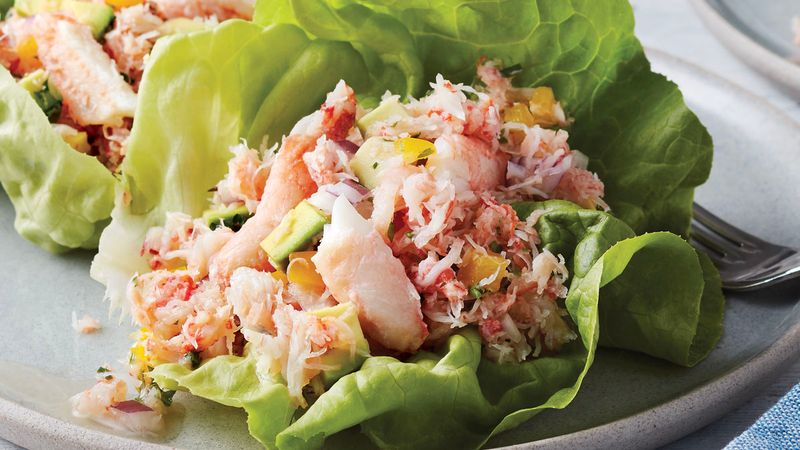
Crab meat is a delicacy often imitated with processed alternatives such as surimi, a fish paste molded to look like crab.
For an authentic experience, choose fresh, real crab, especially when purchasing items like crab cakes or salads.
Genuine crab meat offers a succulent texture and sweet flavor, making it a seafood favorite for those who appreciate genuine quality.
Saffron
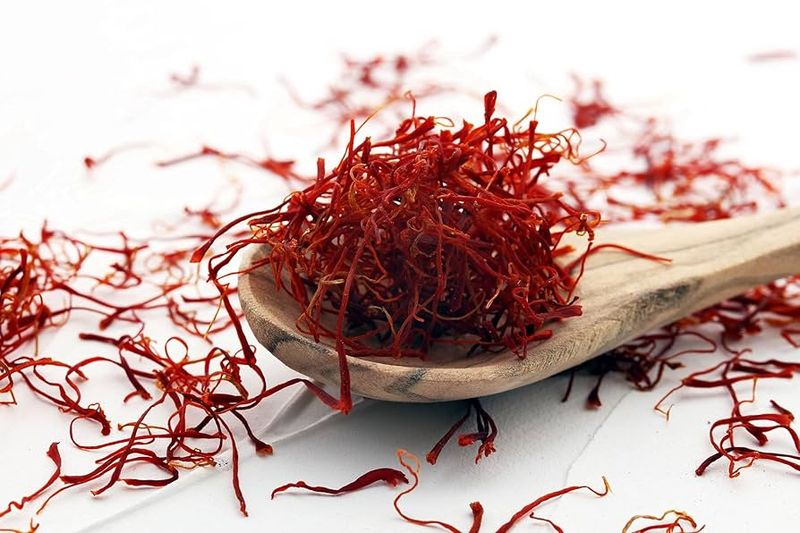
Saffron is the world’s most expensive spice, known for its vibrant color and flavor. Unfortunately, many products labeled as saffron are diluted with other substances or entirely fake.
To purchase genuine saffron, look for deep red threads and a high price, indicative of its quality.
Real saffron enhances dishes with its unique aroma and taste, justifying its luxury status in the culinary world.
Wasabi
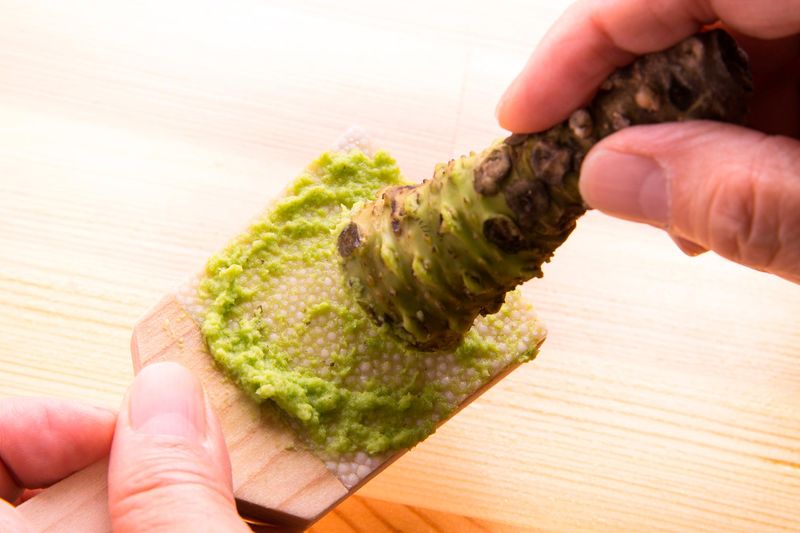
True wasabi, derived from the wasabi plant, is rare and often replaced with a mix of horseradish, mustard, and green dye.
For sushi enthusiasts seeking the real deal, authentic wasabi offers a milder, more complex flavor than its imitation counterpart.
Real wasabi elevates sushi, providing a nuanced heat that enhances rather than overpowers.
Honey
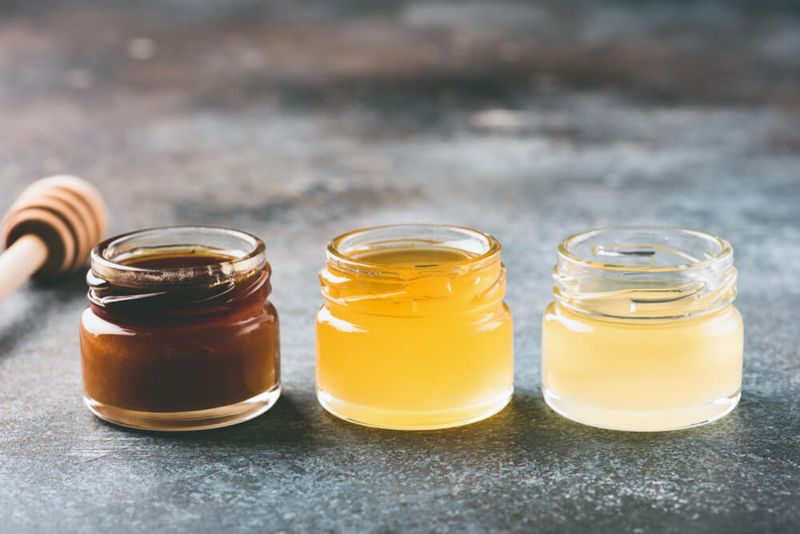
Honey is celebrated for its natural sweetness and health benefits. Yet, many bottles marketed as honey are adulterated with sugar syrup.
For pure honey, check for labels indicating it is raw and unprocessed. This ensures the delightful floral notes and health qualities genuine honey offers.
Real honey enhances teas and foods with its pure, sweet essence, a gift from nature to your table.
Leave a comment